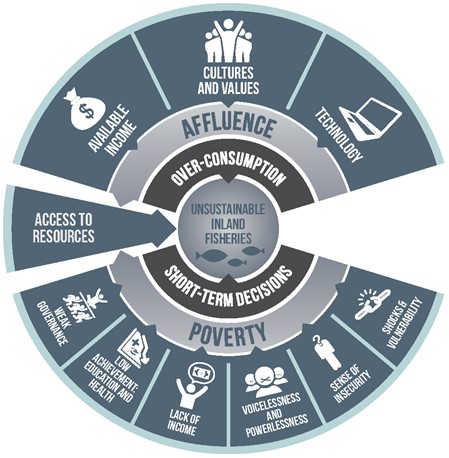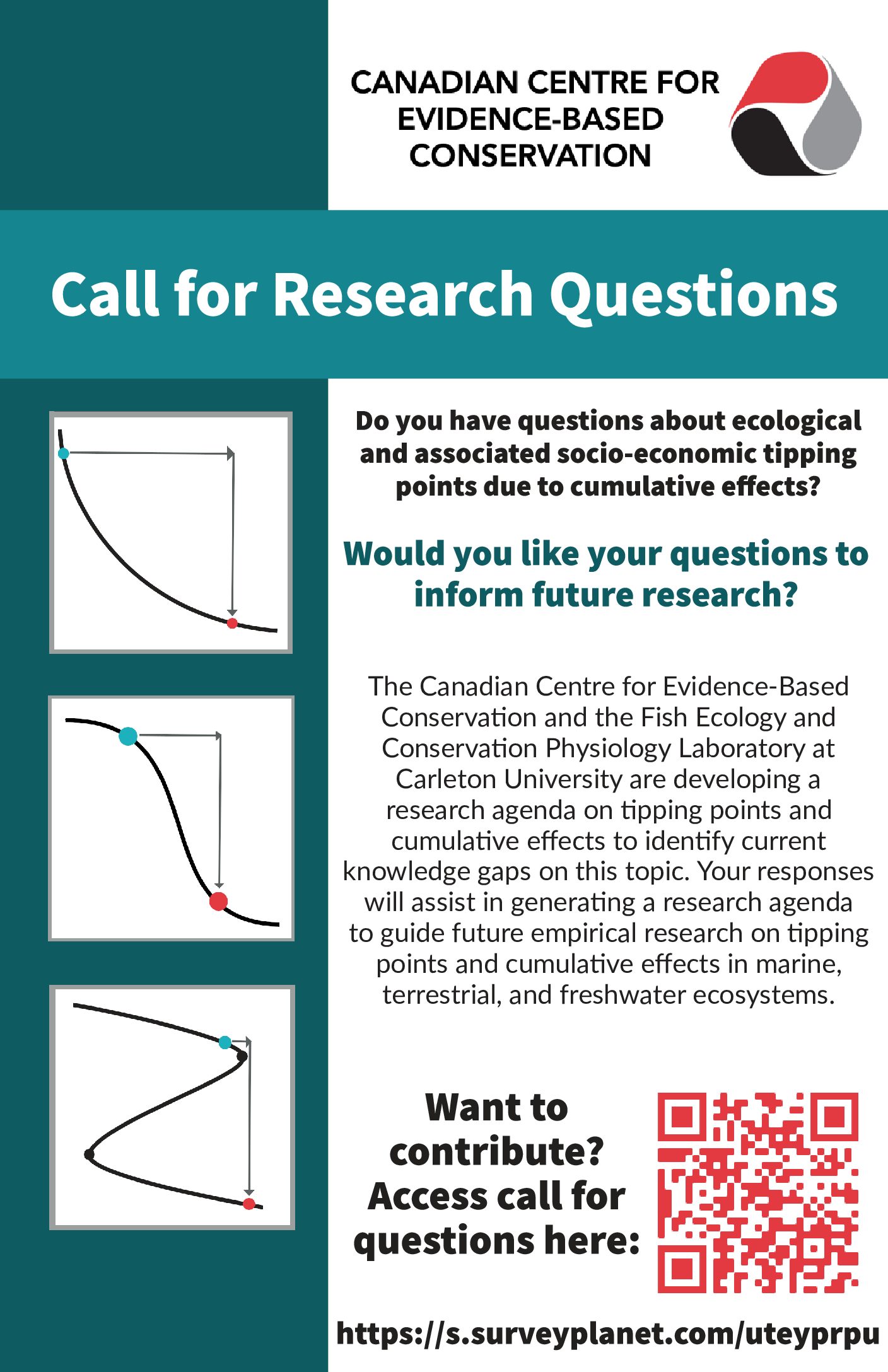The United Nations’ (UN) 2030 Agenda for Sustainable Development defines the formidable challenge of integrating historically separate economic, social, and environmental goals into a unified ‘plan of action for people, planet, and prosperity.’ The 2017 Global Environmental Change article entitled “Inland fisheries – invisible but integral to the UN Sustainable Development Agenda for ending poverty by 2030” highlights the substantial contribution inland fisheries can make towards preventing increased poverty and, in some cases, alleviating poverty (i.e. addressing Sustainable Development Goal [SDG] 1: No Poverty) as an opportunity to inform the next set of development agendas and their associated budgets and priorities.
- Inland fisheries are more prevalent in countries with per capita income below poverty thresholds.
- Inland fisheries make substantial contributions to alleviating and preventing poverty (see Story Map).
- Inland fisheries contribute to resilient livelihood strategies for the poor (see Story Map).
- Sustaining inland fisheries requires consideration of external threats to aquatic systems.
- Ignoring inland fisheries in development agendas misses a vital tool to address global poverty.





